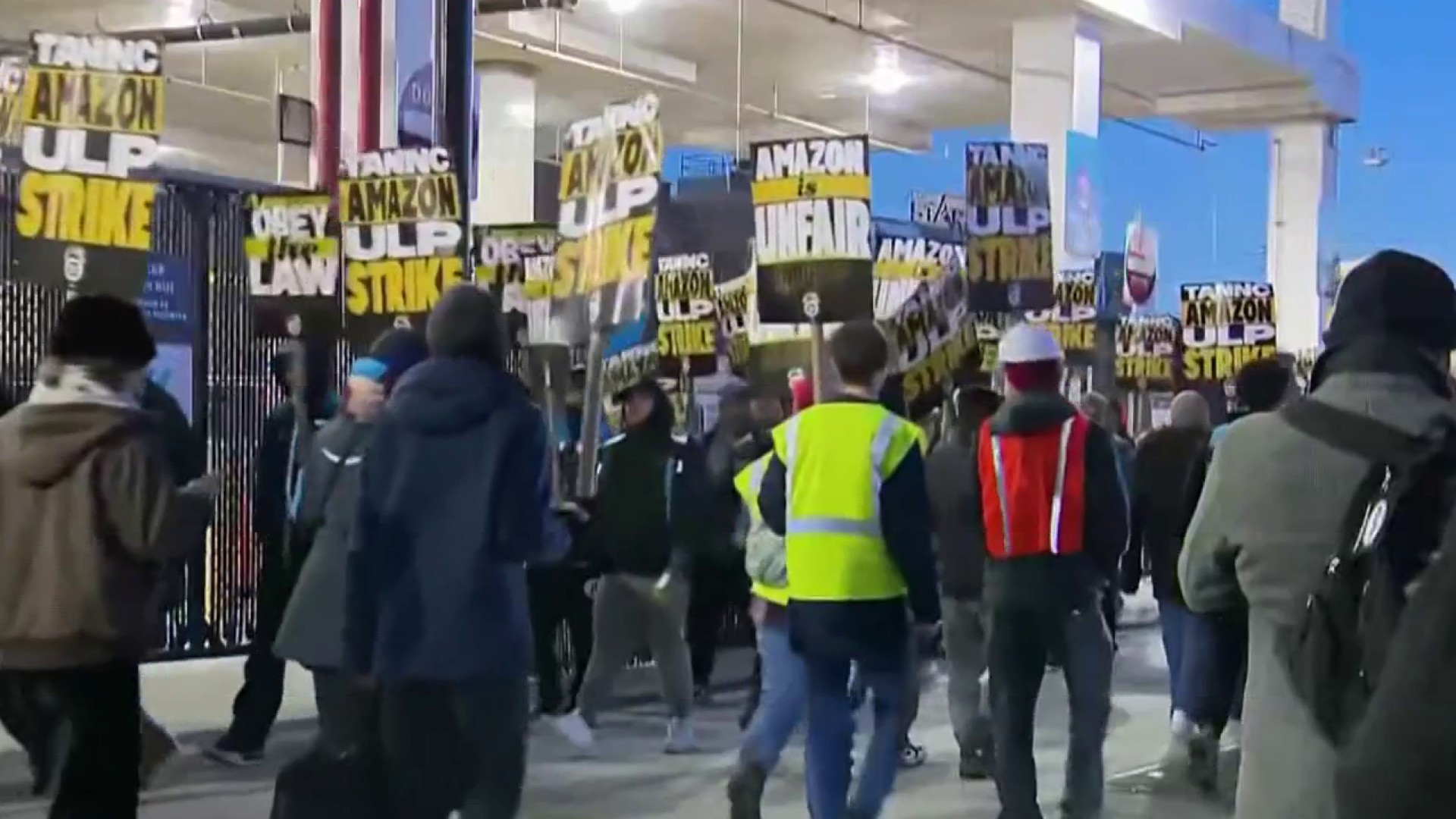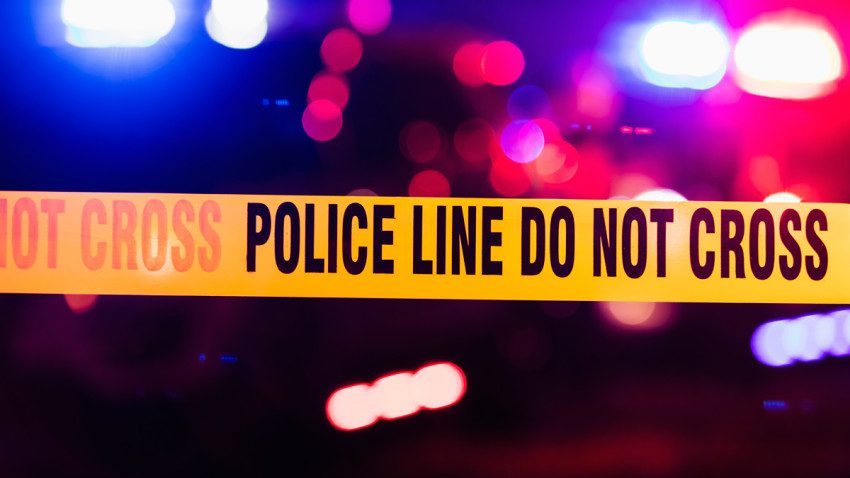The City Council voted Tuesday to remove a legal loophole that led to the uncontrolled proliferation of medical marijuana dispensaries, and to extend the temporary ban on new dispensaries by another six months.
Council members unanimously directed the city attorney to eliminate the hardship exemption in a 2007 ordinance which allowed nearly 500 dispensaries to open across the city. The council is expected to vote on the revised ordinance next week.
Hearings are under way for the clinics that applied for a hardship exemption. Council members voted today to deny 14 applications.
Councilman Jose Huizar said the hardship exemption "was being used by culprits who want to make a profit."
Councilman Greig Smith said when the council was drafting the ordinance, the city attorney told the panel that the hardship exemption was necessary.
"We made a tragic mistake: we listened to the city attorney. The city attorney is not the end-all of the discussion. They are advisers," Smith said.
During a news conference prior to the vote, Councilman Dennis Zine said the proliferation of dispensaries was "out of control."
Local
Get Los Angeles's latest local news on crime, entertainment, weather, schools, COVID, cost of living and more. Here's your go-to source for today's LA news.
Council President Eric Garcetti said it was unacceptable that a certain half-mile stretch of Atwater Village has no less than five dispensaries.
"People feel under siege. I think there are a lot of people who supported medical marijuana and want access for patients but do not want their neighborhoods taken over -- to the point where there are more dispensaries than Starbucks," he said.
Two years ago, the council approved a temporary moratorium on new medical marijuana dispensaries. The purpose of the interim ordinance -- which will expire in March thanks to the six-month extension -- was to give city leaders time to draft regulations that limit where and how dispensaries can operate in Los Angeles.
California voters 13 years ago approved Proposition 215, which made it legal to sell marijuana to certain patients with a doctor's prescription.
The drug is still considered illegal under federal law, and U.S. Drug Enforcement Administration agents have raided dispensaries throughout Southern California. However, Attorney General Eric Holder recently announced those raids would end.
Clinics that were already established at the time the ban was approved had until Nov. 13, 2007, to register with the city. By submitting a business tax registration certificate, state seller's permit, property lease and proof of insurance, those businesses were allowed to remain open.
However, a loophole in the temporary ban allowed clinics to file "hardship exemptions," which provide dispensary owners with the opportunity to defend why they should continue to do business without fulfilling those requirements. Hardship exemptions are considered to be a routine part of city ordinances.
A spokesman for the city attorney's office said the ban would remain legally defensible without the loophole.
The permanent ordinance to regulate medical marijuana dispensaries was expected to be discussed by the Planning and Land Use Management Committee this afternoon.



